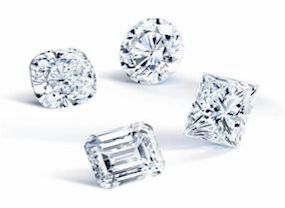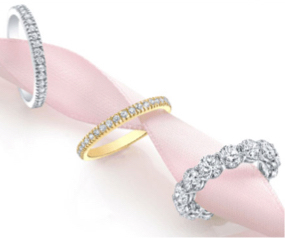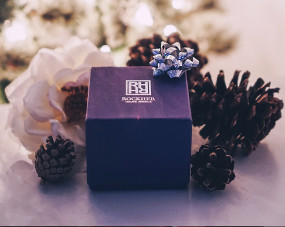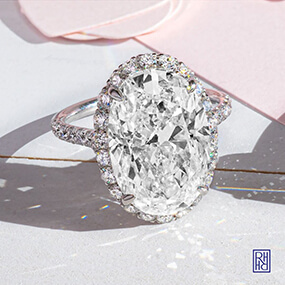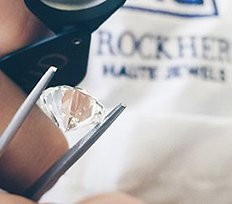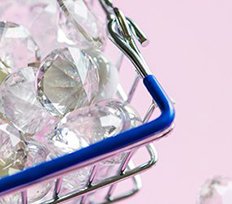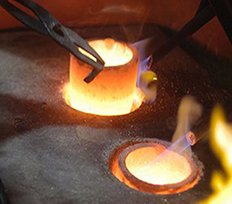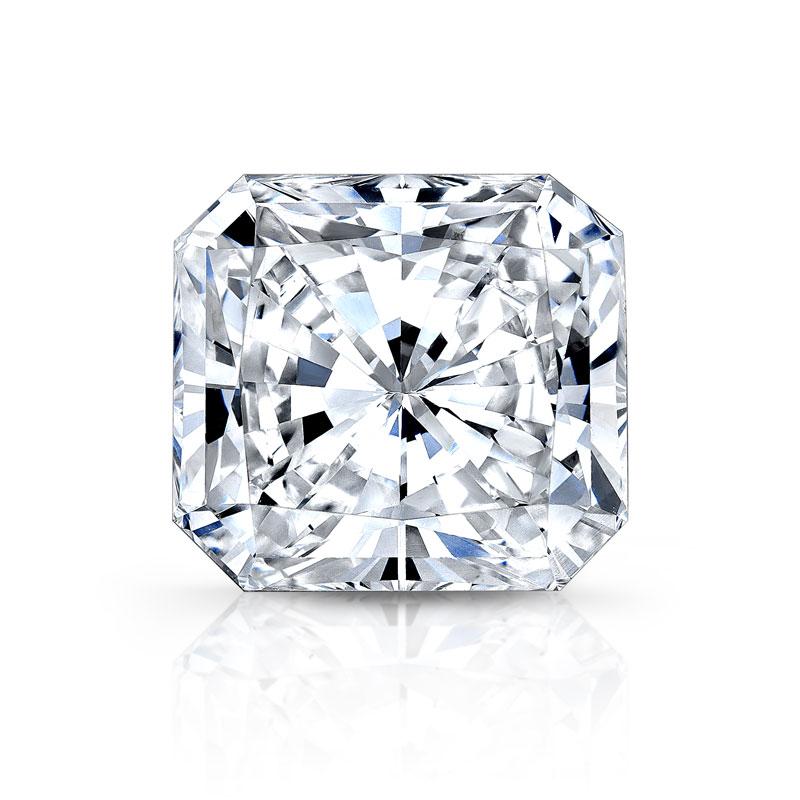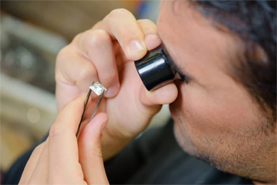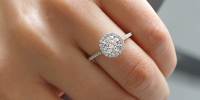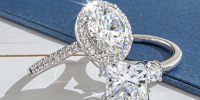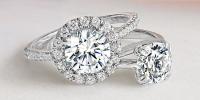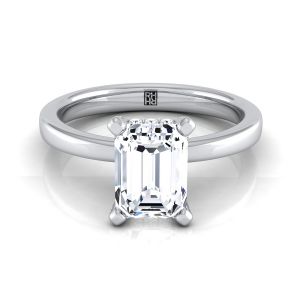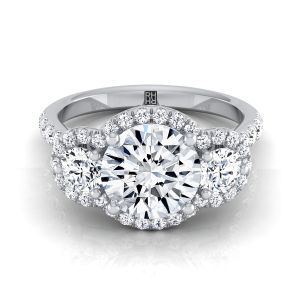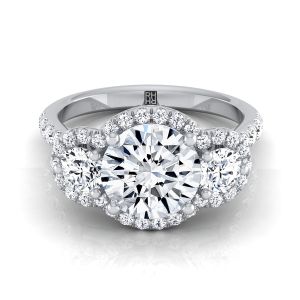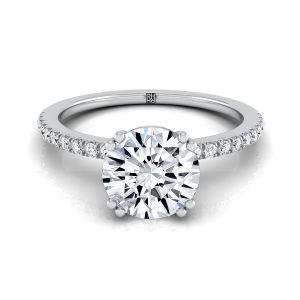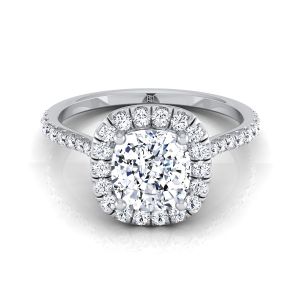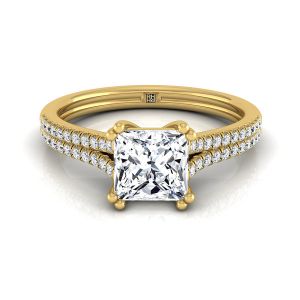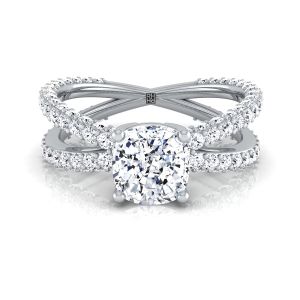
You have probably heard about fluorescence, which is when a
diamond gives off a bluish light when exposed to UV rays. The thing is, only some
diamonds exhibit this effect, while others continue to stay dark.
Why Just Some Diamonds?
The presence of boron is what triggers fluorescence when a
stone is subjected to UV light. The fluorescence is the visible emission caused by incident V rays. Even daylight has some amount of UV in it, and because of this, natural lighting too can induce fluorescence in stone that contains boron.
There is a fluorescence scale, on which every
stone falls at a point between

“Faint” and “Intense”. This grade, combined with
clarity and
color, decides how the
diamond would look when viewed by the naked eye. The more boron there is inside it, the more a
diamond would fluoresce. Even highly priced
diamonds can have a fluorescent property, although this is not usually something that makes a
diamond ring expensive. Lower quality
diamonds can benefit from being fluorescent because the effect can change considerably a
stone’s looks for the better.
Fluorescence is not always blue; there may be instances where you get
yellow, white or even red fluorescence out of a
stone.
Yellow diamonds with fluorescence tend to look whiter than they are.
 You have probably heard about fluorescence, which is when a diamond gives off a bluish light when exposed to UV rays. The thing is, only some diamonds exhibit this effect, while others continue to stay dark.
Why Just Some Diamonds?
The presence of boron is what triggers fluorescence when a stone is subjected to UV light. The fluorescence is the visible emission caused by incident V rays. Even daylight has some amount of UV in it, and because of this, natural lighting too can induce fluorescence in stone that contains boron.
There is a fluorescence scale, on which every stone falls at a point between
You have probably heard about fluorescence, which is when a diamond gives off a bluish light when exposed to UV rays. The thing is, only some diamonds exhibit this effect, while others continue to stay dark.
Why Just Some Diamonds?
The presence of boron is what triggers fluorescence when a stone is subjected to UV light. The fluorescence is the visible emission caused by incident V rays. Even daylight has some amount of UV in it, and because of this, natural lighting too can induce fluorescence in stone that contains boron.
There is a fluorescence scale, on which every stone falls at a point between “Faint” and “Intense”. This grade, combined with clarity and color, decides how the diamond would look when viewed by the naked eye. The more boron there is inside it, the more a diamond would fluoresce. Even highly priced diamonds can have a fluorescent property, although this is not usually something that makes a diamond ring expensive. Lower quality diamonds can benefit from being fluorescent because the effect can change considerably a stone’s looks for the better.
Fluorescence is not always blue; there may be instances where you get yellow, white or even red fluorescence out of a stone. Yellow diamonds with fluorescence tend to look whiter than they are.
“Faint” and “Intense”. This grade, combined with clarity and color, decides how the diamond would look when viewed by the naked eye. The more boron there is inside it, the more a diamond would fluoresce. Even highly priced diamonds can have a fluorescent property, although this is not usually something that makes a diamond ring expensive. Lower quality diamonds can benefit from being fluorescent because the effect can change considerably a stone’s looks for the better.
Fluorescence is not always blue; there may be instances where you get yellow, white or even red fluorescence out of a stone. Yellow diamonds with fluorescence tend to look whiter than they are.
